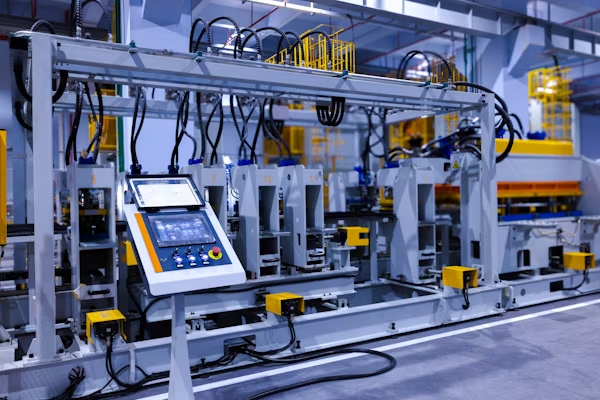Procurement With Purpose

Q1. Could you start by giving us a brief overview of your professional background, particularly focusing on your expertise in the industry?
I have 25+ years of experience in supply chain management, consulting, digital transformation, and sustainability.
Q2. Have you observed a shift in investment priorities across supply chain technology segments—say from traditional ERP to niche AI/ML-based platforms? If yes, how would you quantify that shift?
Regarding the shift in investment priorities, it’s important to remember that no company runs a single piece of software. It is a mix-and-match approach, and hence, interoperability is key. Recently, we have seen a 30% shift towards AI/ML platforms as traditional ERPs are static in nature.
Q3. From your perspective, which sustainability levers (e.g., decarbonization, ethical sourcing, circularity) are currently receiving the most attention—and which are still underexplored?
Turning to sustainability levers, decarbonization and circularity have gained prominence, as they also provide companies with cost and value leverage.
But most of the initiatives are silo based and not integrated, resulting in sub-optimal solutions. Water and Green IT are not receiving the prominence they deserve.
Q4. With increasing focus on Scope 3 emissions, what are the emerging tools or approaches being adopted to enhance supply chain visibility and data accuracy?
Related to Scope 3 emissions, most companies are leveraging open platforms that facilitate the sharing and alignment of data. Blockchain is a promising technology, but it is expensive and requires a significant amount of computer resources. Finally, it is all about having trust in the ecosystem to share data.
Q5. Have you observed a shift in purchasing behavior—from cost and functionality toward values like transparency, traceability, or long-term sustainability alignment?
In terms of purchasing behavior, companies view these as opportunities rather than costs. Though they enhance brand image, they are becoming profitable in the long run. For example, traceability helps pharmaceutical companies combat counterfeit and substandard drugs.
Q6. Which industries, in your view, have built the most robust integration between digital supply chain tools and sustainability frameworks? What’s driving their success?
FMCG, Metals, and Mining companies have aligned it quite well. Need to measure recyclability, as wastage is driving this integration.
Q7. If you were an investor looking at companies within the space, what critical question would you pose to their senior management?
I will take a long-term view and look at the roadmap rather than focusing on short-term ESG reporting.
Comments
No comments yet. Be the first to comment!
